What kinds of questions do experienced therapists ask themselves when facing a new client? How can clinical expertise be taught? From the author of the landmark Psychoanalytic Diagnosis, this book takes clinicians step-by- step through developing an understanding of each client’s unique psychology and using this information to guide and inform treatment decisions. McWilliams shows that while seasoned practitioners rely upon established diagnostic categories for record-keeping and insurance purposes, their actual clinical concepts and practices reflect more inferential, subjective, and intuitive processes. Interweaving illustrative case examples with theoretical insights and clinically significant research, chapters cover assessment of client temperament, developmental issues, defenses, affects, identifications, relational patterns, self-esteem needs, and pathogenic beliefs.
Winner–Gradiva Award, National Association for the Advancement of Psychoanalysis


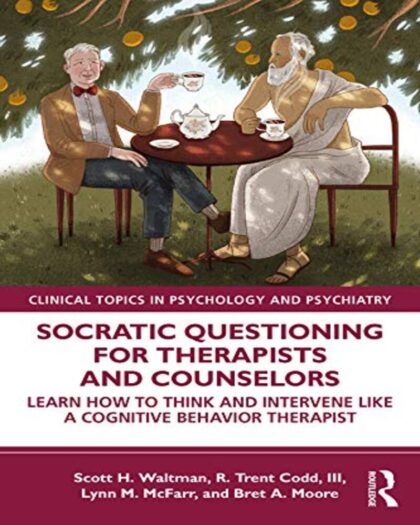


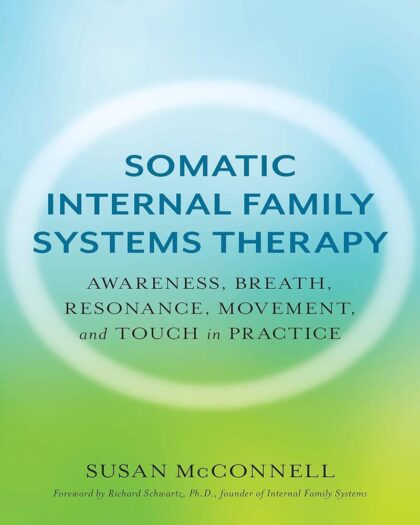
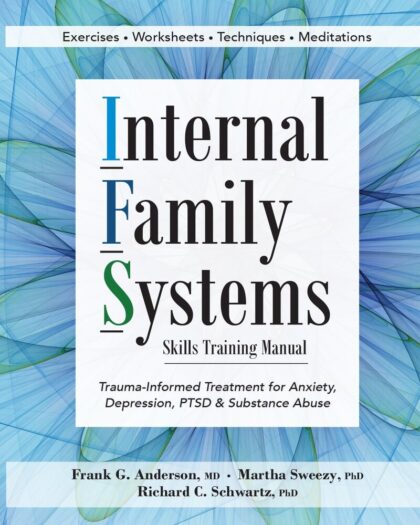
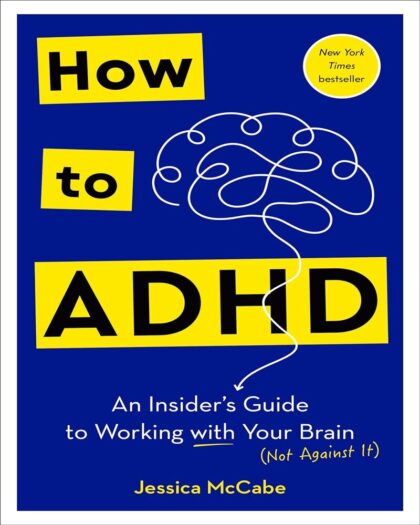

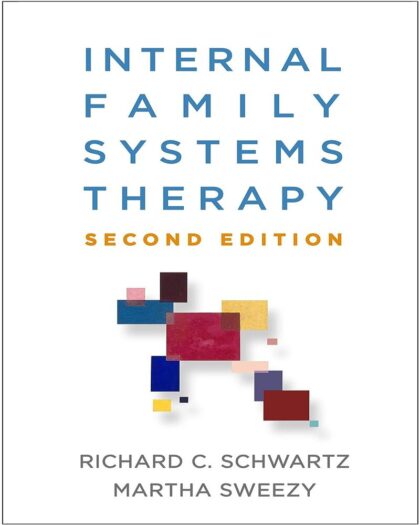



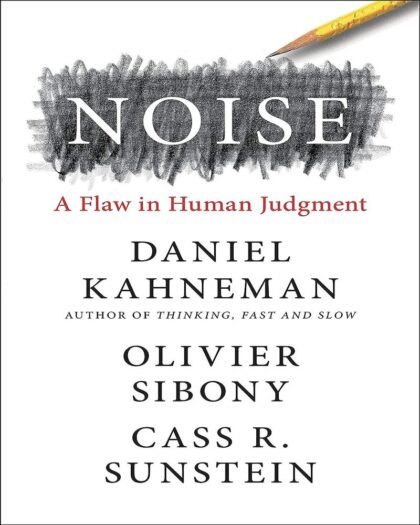
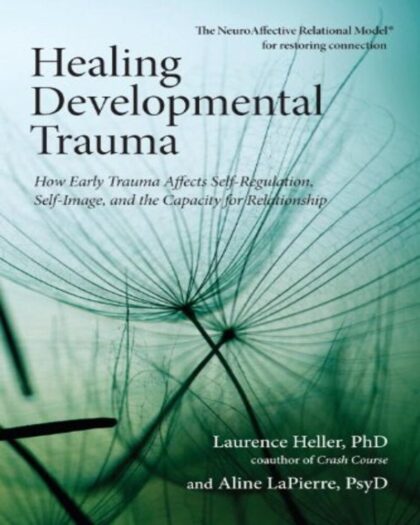
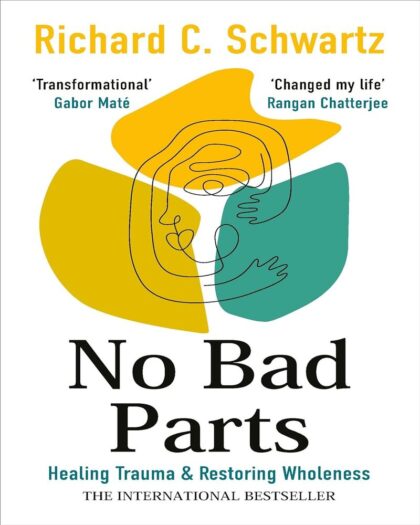

This is a great text to orient the beginning therapist in building a nuanced multi-faceted evaluation of the factors influencing the clients or patients one sees. Without a broad and large perspective, you can't deliver effective therapy of any sort -- and McWilliams goes a great job of reminding us to look at the clients from all angles, social or psychological or medical, as well as the dimension of personality and personality functioning.